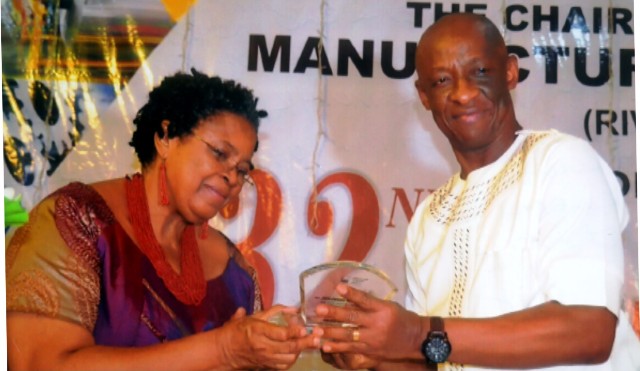Business
Experts Task FG On Infrastructure Dev

Some financial experts
have advised the Federal Government to place more emphasis on infrastructure development to maintain Nigeria’s position as the largest economy in Africa.
They told newsmen in Lagos on Thursday that well developed infrastructure would make the country’s informal sector to be more vibrant.
The financial experts were reacting to the IMF which reported that Nigeria’s economy was still the largest in Africa.
Prof. Sheriffadeen Tella of the Department of Economics, Olabisi Onabanjo University, Ago-Iwoye, said that activities in the nation’s informal sector were very huge and should be encouraged.
Tella said that government should pursue policies that would strengthen the development of the informal sector as the sector was the driver of the nation’s economy.
“Nigeria economy will continue to be the largest in Africa if the relevant authorities take cognisance of activities in the informal sector,” Tella said.
He said that there were huge markets all over the country whose activities were not captured in the Gross Domestic Product (GDP).
Tella said that government through its agencies needed to capture activities in all sectors of the economy to know their actual output and income, adding that the funds outside the banking sector were still huge.
“I don’t think there is anything wrong in the IMF latest report because we have what it takes to be the largest economy in Africa taking into cognisance the depth of our informal sector,” Tella said.
The Chief Executive Officer, SOFUNIX Investment and Communications Ltd., Mr Sola Oni, also said there must be a deliberate policy of government to invest in the nation’s infrastructure.
Oni said that the astronomical and unacceptable cost of running government in Nigeria should be reduced.
“There is no doubt as to what government should do, there must be a deliberate policy to invest in infrastructure,” he said.
Oni said that government should take advantage of the capital market for infrastructure development.
“It is not an overstatement that the IMF said that Nigeria’s economy will bounce back and overtake some African countries’ economies.
“But policy formulation and implementation have always remained the river between Nigeria and its economic growth and development,” he added.
The Managing Director, APT Securities and Funds Ltd., Malam Garba Kurfi, said that the IMF was playing with figures because it was devaluation that really affected Nigeria.
Transport
Automated Points Concession : FAAN Workers Gave 72hrs To Revise Decisions In PH

Transport
FAAN Announces Pick-Up Points for Go-Cashless Cards

Business
Fidelity Bank To Empower Women With Sustainable Entrepreneurship Skills, HAP2.0
-

 News4 days ago
News4 days agoAmend Constitution To Accommodate State Police, Tinubu Tells Senators
-

 Politics4 days ago
Politics4 days agoSenate Urges Tinubu To Sack CAC Boss
-
Business4 days ago
Crisis Response: EU-project Delivers New Vet. Clinic To Katsina Govt.
-
Business4 days ago
President Tinubu Approves Extension Ban On Raw Shea Nut Export
-

 News4 days ago
News4 days agoDisu Takes Over As New IGP …Declares Total War On Corruption, Impunity
-
Business4 days ago
Fidelity Bank To Empower Women With Sustainable Entrepreneurship Skills, HAP2.0
-
Business4 days ago
President Tinubu Extends Raw Shea Nuts Export Ban To 2027
-
Sports4 days ago
NDG: Rivers Coach Appeal To NDDC In Talent Discovery

